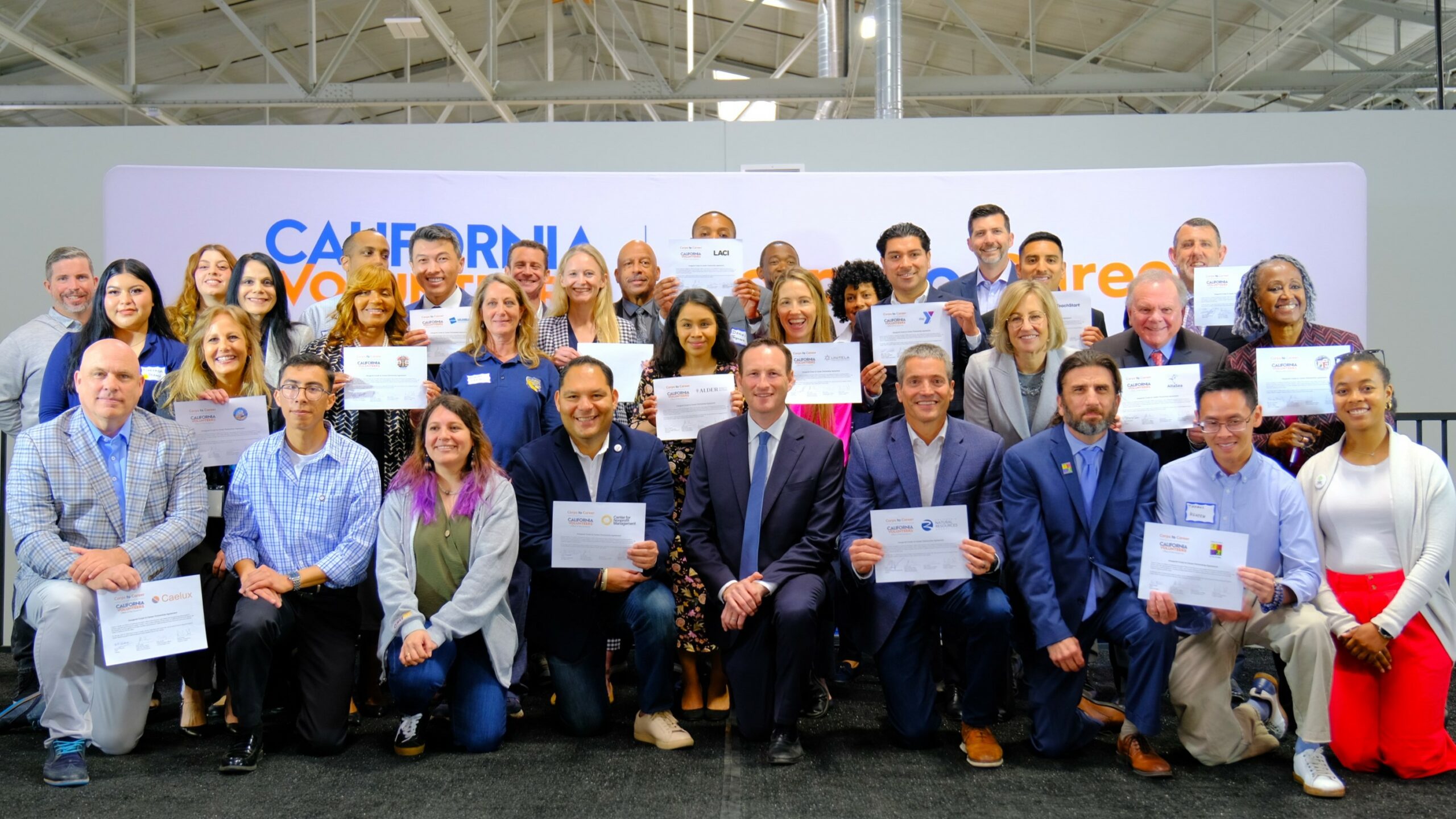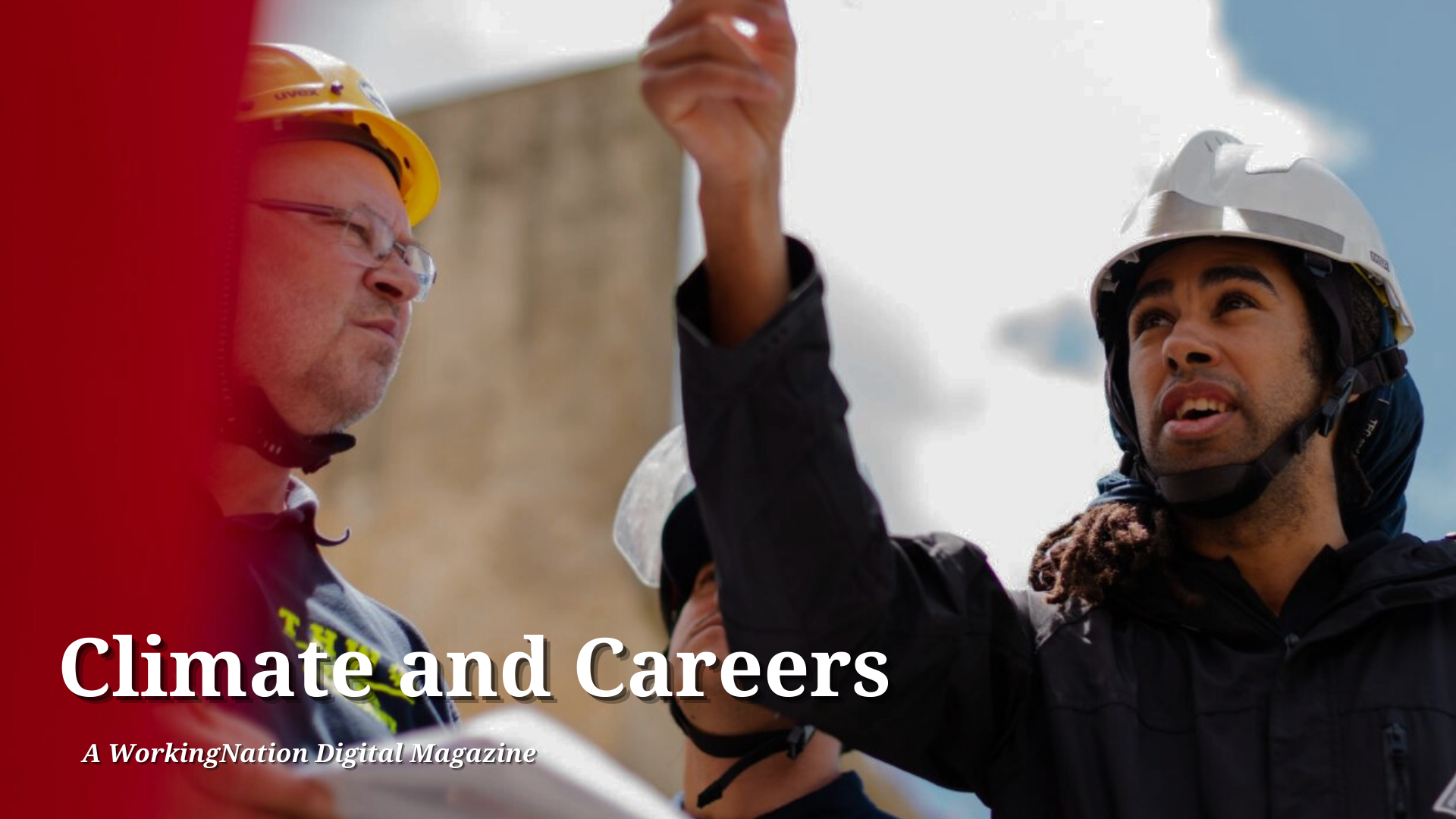Launched in late 2020, the OneTen coalition of business leaders is working to place one million Black talent in family-sustaining careers within a decade. Over the past 18 months, the group already has facilitated 40,000 new jobs or promotions for skilled Black talent who don’t have four-year degrees.

To further advance its mission, OneTen launched Career Marketplace, a platform matching job seekers with employers and talent developers. According to the organization, the platform will help analyze “your experience and skills to expand your expectation of what’s possible.”
The users create a profile, and upload a resume or manually answer some questions. “Browse jobs you are a match for and understand why. Don’t be surprised if we make recommendations for jobs you didn’t think you can do. That’s the power of the platform,” states the site pitch.
Once a job seeker finds an open job they are interested in, they can apply directly on the site. Recruiters from hiring companies may also contact users directly for job opportunities.
OneTen has more than 70 employer partners and more than 100 talent development partners. CEO Maurice Jones expects those numbers to climb.
“We’ve got at least 10 different industries that are in the coalition and demand ranging from health care to pharmaceuticals to retail to information technology. So, it’s pretty diverse right now,” he adds.
Skills-First Hiring

For the jobs to count, employers in the coalition must pay salaries that meet the minimum living wage where the job is to be performed. It’s measured by MIT’s living wage calculator. As of 2021, that range is between $58,000 and at least $90,000, depending on location.
With more than 11 million jobs unfilled in the U.S., employers are grappling with how to close the gap – some rethinking their hiring requirements, now focusing on skills-first hiring and dropping mandatory four-year degrees.
Jones explains that skills-first hiring makes good business sense, leading to greater productivity with a better skills match and the ability to recruit a more diverse workforce.
“You’ve got people who are literally in the workplace doing jobs, doing them well, whose promotions are being impeded by a requirement for a credential that has nothing to do with the skills they need to do the job,” he says.
Creating An Ecosystem
Jones notes that companies, themselves, are providing upskilling or reskilling or through third parties.
However, he stresses that teamwork is crucial and should include wraparound supports – coaches, mentors, childcare, and transportation. “Jobs alone, irrespective of their quality, are not enough. To be really great at the effort, we need an ecosystem that works together as a high-functioning team that you can scale,” says Jones.
While Jones says there is a lot of hard work left to do, he’s optimistic about the potential for transformation.
“I think companies are realizing that this is a self-inflicted wound they can do something about. They don’t need an act of Congress to really become great at skills-first hiring and promoting. This is their own mission to accomplish,” he says.
Welcome to the OneTen Career Marketplace
Welcome to the new and improved OneTen Career Marketplace!











